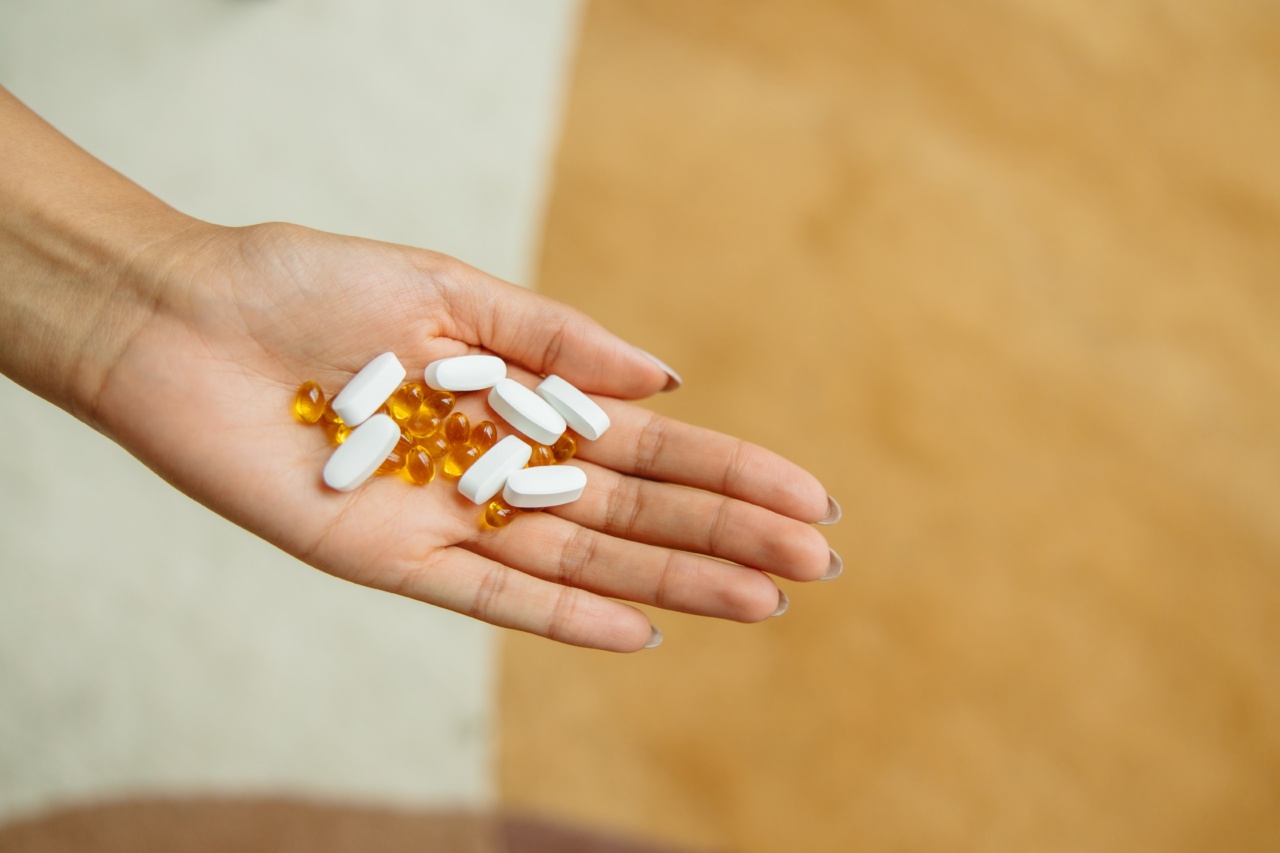Uric acid is a waste product that is formed when the body breaks down purines, which are substances found in many foods and drinks. Normally, uric acid dissolves in the blood and is eliminated from the body through the kidneys.
However, when there is an overproduction of uric acid or the kidneys can’t eliminate it efficiently, uric acid can build up in the body, leading to a condition known as hyperuricemia.
Hyperuricemia is a precursor to gout, a painful form of arthritis that affects about four percent of adults in the United States. Gout is caused by the formation of uric acid crystals in the joints, resulting in inflammation, redness, and severe pain.
Other health problems associated with hyperuricemia and gout include kidney stones and cardiovascular disease.
If you have hyperuricemia or gout, making dietary changes can help reduce uric acid levels and alleviate symptoms. In this article, we’ll explore the best foods to eat and avoid for uric acid overload.
What to eat for uric acid overload
When it comes to managing hyperuricemia and gout, the focus should be on consuming foods that are low in purines but high in nutrients. Here are some examples:.
1. Low-fat dairy products
Low-fat dairy products like milk, yogurt, and cheese are rich in calcium, vitamin D, and other nutrients that are good for bone health. They also contain relatively low amounts of purines, making them a good choice for people with hyperuricemia.
Some studies even suggest that consuming dairy products may help reduce the risk of gout.
2. Vegetables
Most vegetables are low in purines and high in fiber, vitamins, and minerals. Some vegetables that are particularly beneficial for people with hyperuricemia include:.
- Spinach: Contains folate, vitamins A and C, and antioxidants
- Kale: Rich in vitamins A and C, calcium, and antioxidants
- Broccoli: A good source of fiber, vitamins C and K, and antioxidants
- Cauliflower: Contains folate, fiber, and vitamins C and K
- Mushrooms: Low in purines and rich in antioxidants
- Tomatoes: A good source of vitamin C, potassium, and lycopene
3. Fruits
Fruits are also low in purines and high in nutrients. Some of the best fruits for people with hyperuricemia include:.
- Cherries: Contain antioxidants that may help reduce inflammation and pain associated with gout
- Berries: Rich in fiber, vitamin C, and antioxidants
- Apples: A good source of fiber and vitamin C
- Oranges: Rich in vitamin C and potassium
- Bananas: A good source of potassium and fiber
4. Whole grains
Whole grains like brown rice, quinoa, and whole wheat pasta are high in fiber, vitamins, and minerals, and low in purines. They can also help reduce the risk of cardiovascular disease, which is often associated with hyperuricemia and gout.
5. Lean proteins
Protein is essential for growth and repair of body tissues, but some types are high in purines, including organ meats, red meat, and seafood. If you have hyperuricemia or gout, it’s important to choose lean sources of protein, such as:.
- Chicken: Remove the skin and avoid frying it
- Turkey: Remove the skin and avoid frying it
- Legumes: Chickpeas, lentils, and beans are low in purines and high in fiber and protein
- Tofu: A good source of protein and low in purines
What to avoid for uric acid overload
In addition to choosing the right foods, it’s also important to avoid or limit foods that are high in purines and can increase the risk of hyperuricemia and gout. Here are some examples:.
1. Organ meats
Organ meats like liver, brain, and kidney are high in purines and should be avoided if you have hyperuricemia or gout. They can also be high in cholesterol and saturated fat, which can increase the risk of heart disease.
2. Red meat
Red meat like beef, lamb, and pork are also high in purines and should be consumed in moderation if you have hyperuricemia or gout. They can also be high in saturated fat, which can increase the risk of heart disease.
3. Seafood
Some types of seafood are high in purines, including anchovies, sardines, mussels, and scallops. Other types of seafood like salmon and tuna are lower in purines and can be consumed in moderation.
However, some studies suggest that consuming high amounts of seafood may increase the risk of gout.
4. Alcohol
Alcohol can interfere with the elimination of uric acid from the body, leading to an increased risk of hyperuricemia and gout. Beer is particularly high in purines and should be avoided.
Wine and spirits are lower in purines but should be consumed in moderation.
5. Sugary drinks
Sugary drinks like soda and fruit juice are associated with an increased risk of gout, possibly because they can raise uric acid levels in the body.
Conclusion
If you have hyperuricemia or gout, making dietary changes can help reduce uric acid levels and alleviate symptoms.
The key is to consume foods that are low in purines but high in nutrients, such as low-fat dairy products, vegetables, fruits, whole grains, and lean proteins. It’s also important to avoid or limit foods that are high in purines, such as organ meats, red meat, and seafood, as well as alcohol and sugary drinks.






























